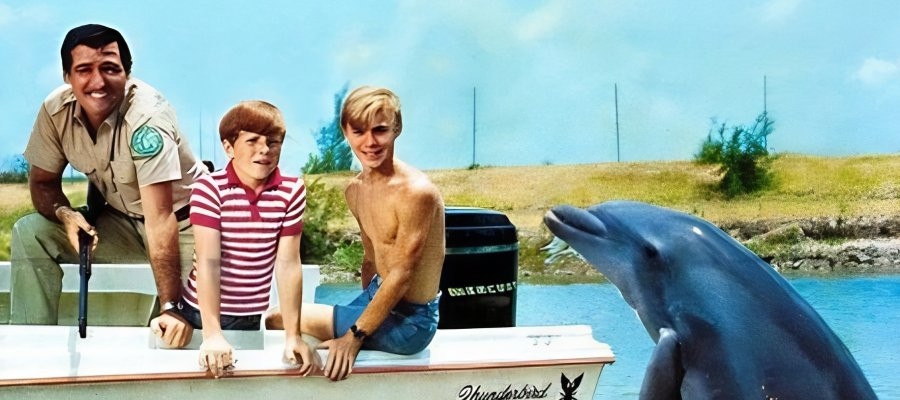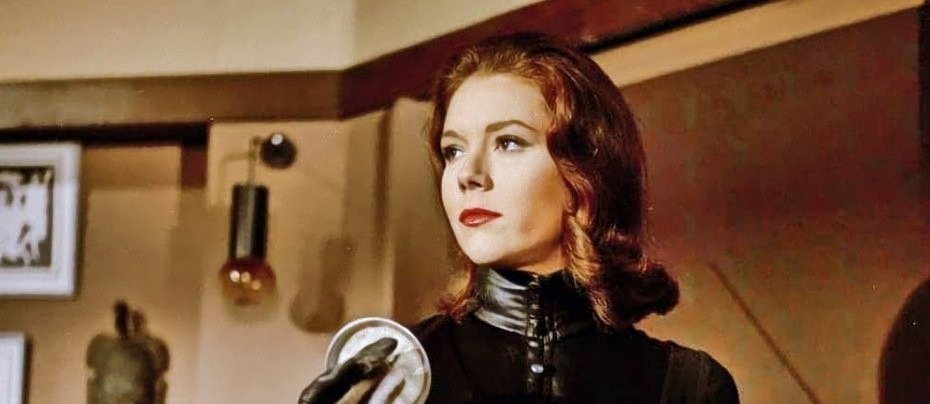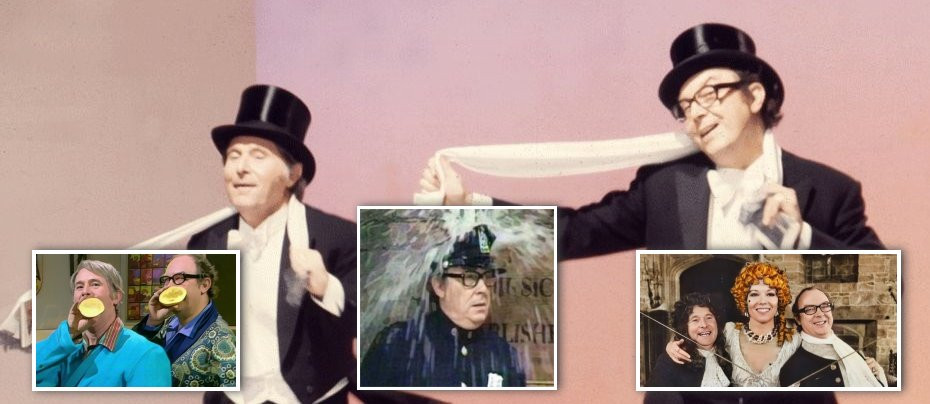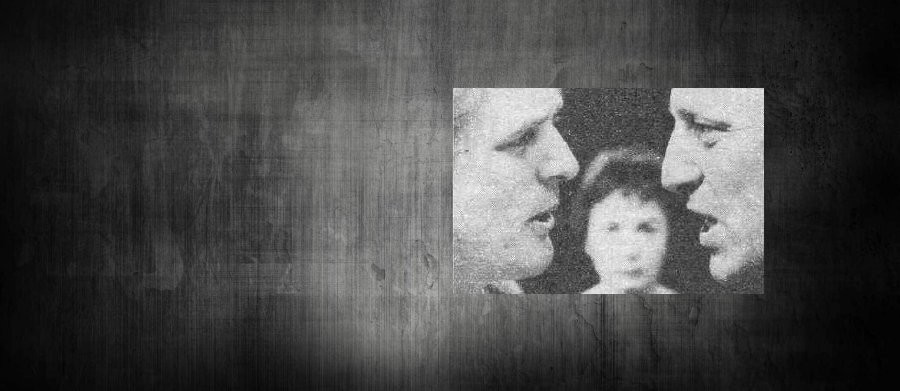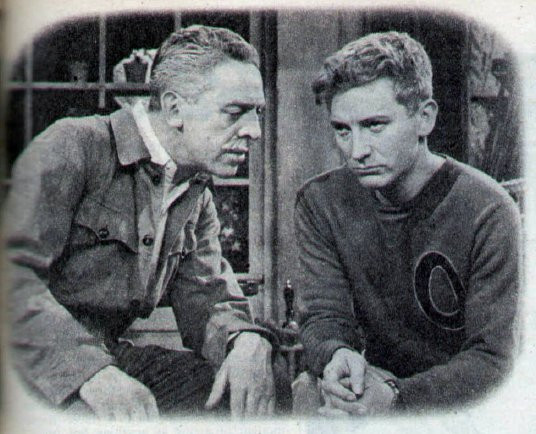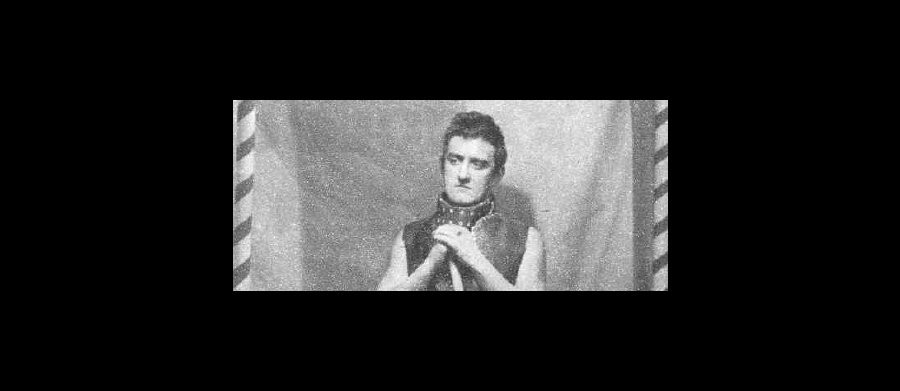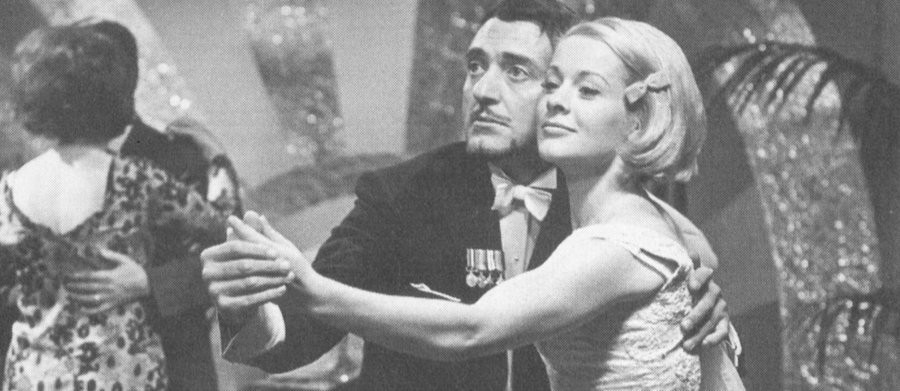
The Hothouse
1964 - United KingdomAn ailing mango, two wives and an ambitious employee, all help to upset a youthful tycoon's weekend in the hothouse.
Donald Churchill's third light-hearted comedy for Armchair Theatre in 1964 starred Harry H. Corbett and also saw the television debut of Diana Rigg (almost a year before she took on the role of Emma Peel in The Avengers).
Corbett was no stranger to the series and in fact, had made a reputation for himself as a gifted and versatile actor, after a number of appearances on ITV's famous one-off play presentations throughout the 1950s. By the time he made this appearance he was a household name as Harold Steptoe in the hit BBC sitcom Steptoe and Son and this may account for the fact that this particular Armchair Theatre presentation, when broadcast, pulled in an all-time audience record of 8,260,000 homes.
Churchill's previous two 1964 plays had been Sharp at Four and The Cherry on the Top, the latter of which starred his wife, Pauline Yates. This time round, the author took a lead role for himself. In The Hothouse he plays Gordon Parsley, the assistant manager of a supermarket, part of a chain owned by self-made millionaire Harry Fender (Corbett). Hoping to be promoted, Gordon's prospects look bright when, at the annual staff dance, Harry takes a shine to the ambitious employee's vivacious wife, Charlotte (Miranda Connell). On the other hand, the boss's interest in Charlotte could spell trouble. Especially when Harry's own wife, Anita (Rigg), decides to meddle in the situation. She brings matters to a head by inviting the young couple to spend a weekend at the Fenders' country cottage. This is the place with the hothouse - an enclosed and steamy jungle where Harry tends his precious mangoes and melons. Sooner or later, you can be sure, Charlotte will find herself alone with the boss in the hothouse-cast in the role of passion fruit!
The Hothouse was a 60 minute play directed by Guy Verney and was an ABC production.
Seen this show? How do you rate it?
Seen this show? How do you rate it?
Published on April 3rd, 2020. Written by Based on original TV Times article and adapted for Television Heaven.


